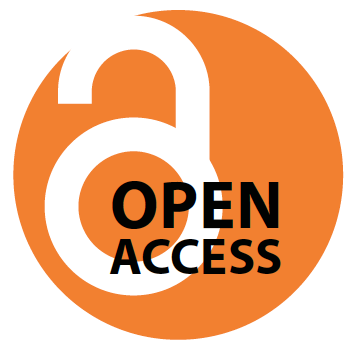 "Open Access (OA) literature is digital, online, free of charge, and free of most copyright and licensing restrictions. What makes it possible is the internet and the consent of the author or copyright-holder." (quoted from A Very Brief Introduction to Open Access by Peter Suber)
"Open Access (OA) literature is digital, online, free of charge, and free of most copyright and licensing restrictions. What makes it possible is the internet and the consent of the author or copyright-holder." (quoted from A Very Brief Introduction to Open Access by Peter Suber)
The Open Access movement promotes the practice that scholarly publications are made available online without prohibitively high access costs and stringent copyright and licensing restrictions. It facilitates quicker and broader dissemination of knowledge by removing the price and permission barriers to research outcomes.
Advantages
Open Access is compatible with features of traditional publishing such as peer review, journal prestige, and researchers' career advancement.
- Quicker publishing time
- Enhanced discoverability through search engines
- Increased readership
- Increased citations (see SPARC Europe's list of studies about the citation advantage of open access)
- Availability of download statistics
Types
Types of open access very depending on accessibility of articles and publishing requirements.
- Gold OA: Articles are immediately accessible on the publisher’s website with costs typically covered by article processing charges paid by authors or their institutions.
- Green OA (self-archiving): Authors deposit versions of their work (preprint, postprint, or published) in a public repository, free of charge, sometimes after an embargo period as per journal policies.
- Hybrid OA: In traditional subscription journals, authors can opt to make their articles open access by paying a fee, allowing for a mix of open access and subscription-based articles.
- Diamond/Platinum OA: Articles are freely accessible without any publication charges to authors, funded instead by institutions, societies, or grants, thereby removing financial barriers for authors.
- Bronze OA: Articles are temporarily free to read on the publisher’s website without an open access license, often as part of promotional access (Publishing in open access journals).
These books provide excellent introduction to open access:

 "Open Access (OA) literature is digital, online, free of charge, and free of most copyright and licensing restrictions. What makes it possible is the internet and the consent of the author or copyright-holder." (quoted from A Very Brief Introduction to Open Access by Peter Suber)
"Open Access (OA) literature is digital, online, free of charge, and free of most copyright and licensing restrictions. What makes it possible is the internet and the consent of the author or copyright-holder." (quoted from A Very Brief Introduction to Open Access by Peter Suber)